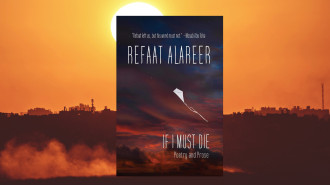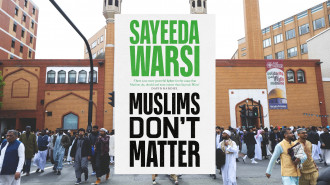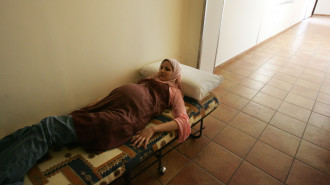
'Pushed into a no-man's land': Migrants in UN buffer zone limbo on divided Cyprus

Dozens of migrants who languished in the searing heat of Cyprus's buffer zone, say they were pushed into the no-man's land by police on the divided island's south.
According to the UN Refugee Agency (UNHCR), a total of 59 asylum seekers have been living in the UN-patrolled buffer zone in recent months between the areas controlled by the internationally recognised Republic of Cyprus and the breakaway Turkish Republic of Northern Cyprus (TRNC), having attempted to cross southwards.
Sitting on a plastic chair under the shade of trees and surrounded by UNHCR-branded tents, Hussein Zare said he fled his home country of Iran for Cyprus to gain entry to the European Union and start a new life in France.
In May, he flew from Iran to Istanbul with his wife and daughter and from there to the TRNC, which covers the northern third of the Mediterranean island and where EU law does not apply.
When Zare tried to cross the UN buffer zone into southern Cyprus, "the police arrested us and brought us here," he said.
"The government... has blocked us in this area," he added, gesturing to the camp next to a UN post and a gate leading out of the buffer zone, also known as the Green Line.
The Cypriot Ministry of Migration and Asylum said that the "decision not to accept these individuals is dictated by the need to ensure that the Green Line does not become a passage for migrants."
'Urgent solution'
Since a 1974 invasion by Turkey triggered by an Athens-backed coup, the island has been divided between the Greek-speaking south and the Turkish Cypriot north, which unilaterally declared independence in 1983 but is only recognised by Ankara.
The buffer zone, which is guarded by UN peacekeepers, slices across the island from northwest to southeast, separating the two sides.
Cyprus, the EU's easternmost member, says it is a "frontline country" on the Mediterranean migrant route, with asylum seekers comprising more than five percent of the republic's 915,000 population.
The Cypriot government has accused Turkey of turning a blind eye and allowing irregular migrants to cross the Green Line and has tightened security along the divide.
Zare said that he and the other migrants in the camp had hired a lawyer with the help of the UNHCR to file asylum applications with Cypriot authorities.
But, he said, so far "we have not been able to get an answer from them and our requests are rejected."
In a statement, the Republic of Cyprus's migration ministry said: "Since these people travelled through Turkey to the occupied areas (TRNC), it is Turkey's responsibility to provide them access to asylum procedures."
'Hopeless'
Mudassir, a 34-year-old Afghan asylum seeker in the camp, fled Taliban rule in Kabul, fearing for his life because his father had worked for the US embassy.
"I was only thinking about how to leave Afghanistan," he said.
Mudassir said he thought going to the TRNC would get him into the EU and to safety, but it was only when he arrived that he found out about its unrecognised status.
When Mudassir, who declined to give his last name, crossed the buffer zone at night with other Afghans to claim asylum with Cypriot police, he said police refused to register their cases, instead bringing them to the buffer zone.
"We feel hopeless in these extremely harsh conditions," he said.
"There are a lot of snakes. There are children and women and it's very difficult for them."
Lawrence, a Nigerian migrant who also declined to give his last name, came to northern Cyprus on a student visa, hoping to escape anti-LGBTQ persecution at home.
Caught by police upon crossing from the north on July 20, the 23-year-old said he and his group "were petrified".
"At some point, I just gave up on everything," he added.
While other migrants washed their faces behind him from a large water tank, Lawrence said: "My dream was to finish college and have a normal life... anywhere."
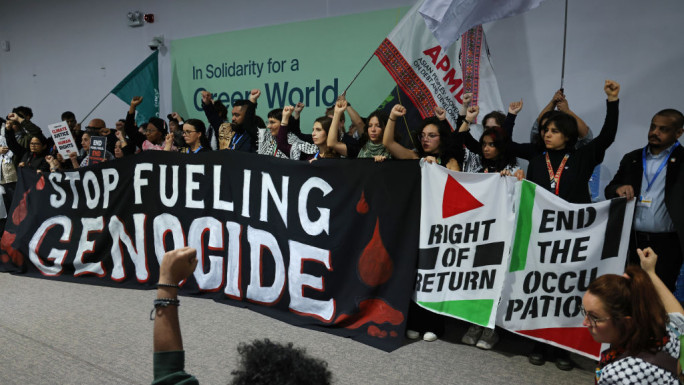
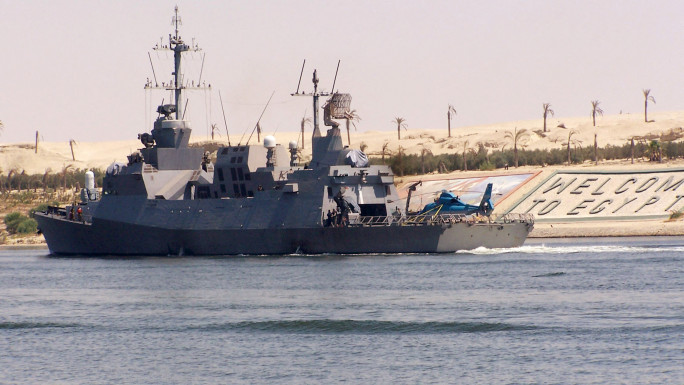
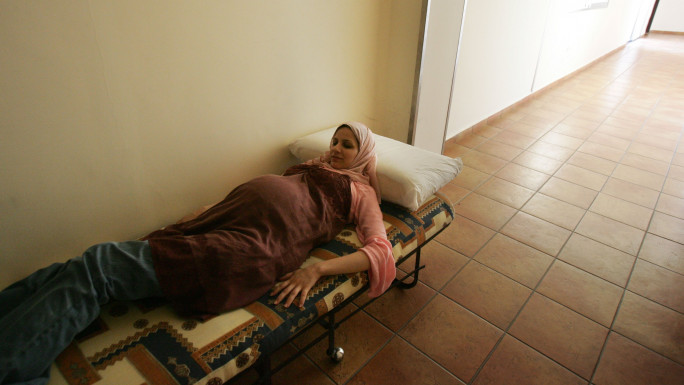
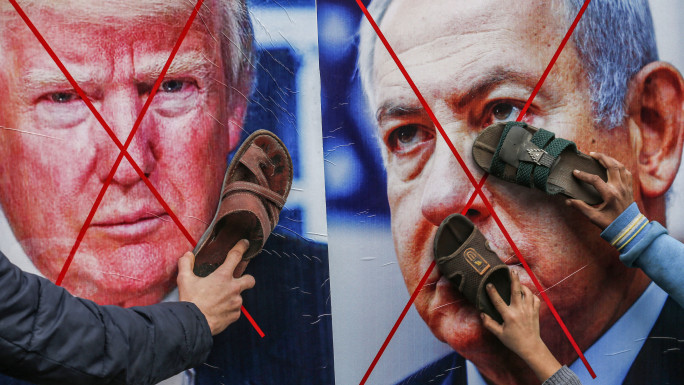
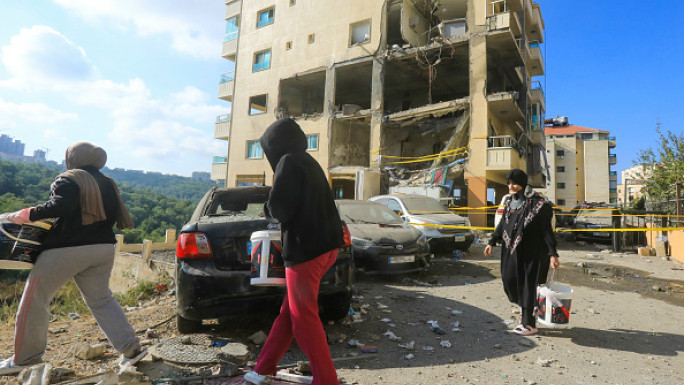
 Follow the Middle East's top stories in English at The New Arab on Google News
Follow the Middle East's top stories in English at The New Arab on Google News
